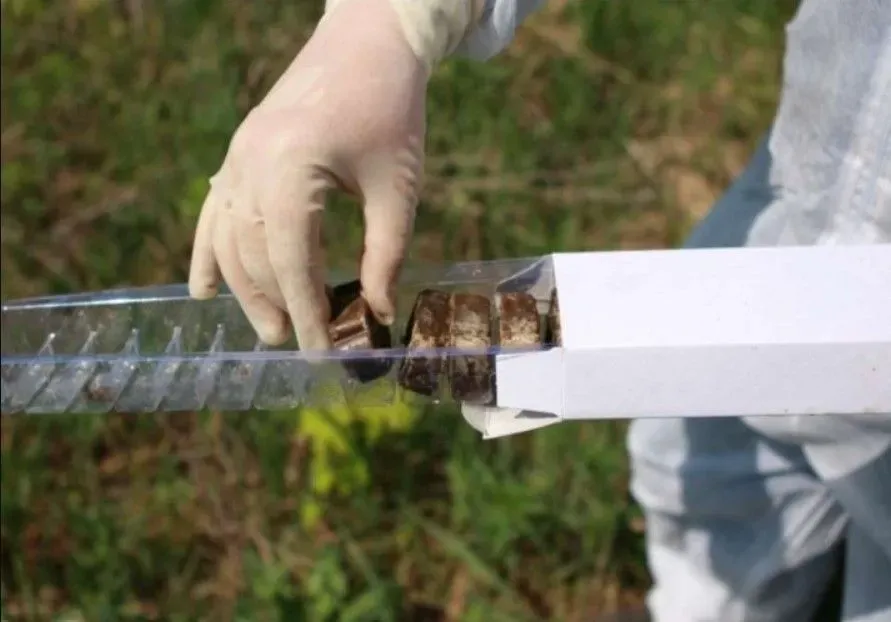Due to the war in the Kharkiv region, there is a high risk of rabies spreading, and wild and domestic animals are being intensively vaccinated
Kyiv • UNN
Following the registration of 117 cases of rabies in 2023, Kharkiv region will strengthen control and vaccination measures, focusing on reducing the risk of infection among wild and domestic animals.

After 117 cases of rabies outbreaks recorded in 2023, measures to control and vaccinate domestic animals will be strengthened in the Kharkiv region. This is reported by the Kharkiv Regional Military Administration on its official website, UNN reports.
Details
Due to an increase in the number of animal rabies cases in the Kharkiv region in 2023, it was announced that anti-epizootic measures would be strengthened. Over the previous year, 117 outbreaks of the disease were recorded, of which almost 70% occurred in the de-occupied territories and areas where active hostilities took place, in particular in the Izium and Chuhuiv districts of the region.
According to the Kharkiv Regional Veterinary Administration, the situation has deteriorated significantly due to the impossibility of oral vaccination of wild carnivores and control of their population in 2022.

The deputy head of the Kharkiv Regional State Administration Yevhen Ivanov emphasized the importance of taking measures to reduce the risk of rabies spreading among wild animals and transmitting the infection to domestic animals.
Last year, forestry enterprises in Krasnohrad, Lozova, and parts of Kharkiv and Bohodukhiv districts carried out oral vaccination of wild carnivores. More than 287 thousand doses of the vaccine have been distributed. This year, we have to carry out 2 rounds of oral vaccination - in spring and autumn. This should reduce the risk of rabies spreading among wild animals, and even more so the transmission of the infection to domestic animals
In addition, in 2023, veterinary medicine specialists carried out extensive work to vaccinate domestic and pets against rabies, vaccinating more than 103,000 dogs, more than 77,000 cats, and 22,000 cattle.
Add
In early 2024, a facility with 47 carcasses of pigs with African swine fever was discovered in the Valkivska community and was eliminated. Although the situation is now under control, authorities are urging local residents to have their animals vaccinated routinely and annually, especially in rural areas, to reduce the risk of disease spread and rabies infection.
In Transcarpathia, 330 hectares of farmland flooded due to bad weather19.01.24, 11:08 • 66109 views